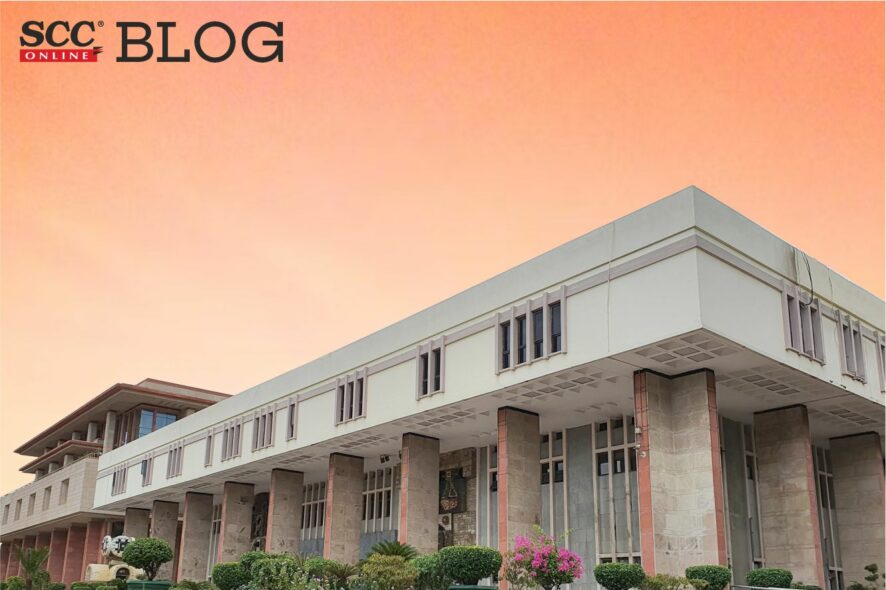Delhi High Court: Manoj Kumar Ohri J. dismissed the petition as the employer-employee relationship was established by a witness before the court and strict rules of evidence are not applicable in such cases.
The facts of the case are such that Respondent 1 (hereinafter, referred to as ‘the workman’) filed a claim application seeking compensation under the Employees’ Compensation Act, 1923 for injury suffered by him during the course of his employment with the firms namely, Sanjeev Hosiery and Maha Laxmi Hosiery. He was working as a Machine Man since January, 2003 till November, 2005 and his last drawn salary was Rs.8, 000/- per month when he met with an accident. It was claimed that the workman at the time of the incident was about 33 years of age and had suffered disability of about 60%. It was also stated that the services of the workman were terminated on the same day i.e., the date of the incident. The Commissioner, while passing the impugned order allowed the claim petition of the workman and awarded him compensation of Rs. 2, 87,136/- along with interest @ 12%. The instant appeal under Section 30 of the Employees’ Compensation Act, 1923 (hereinafter, referred to as the ‘Act’) was filed seeking setting aside of the order/judgment passed by the Commissioner, Employee Compensation, North District, Delhi.
Counsel for appellants submitted that that the workman has failed to discharge the onus of proving the employer-employee relationship as the workman has claimed that no appointment letter, identity card, attendance card, etc. was ever given to him by the management in question.
Counsel for respondents submitted that the procedure before the Employee Compensation Commissioner is summary in nature and thus rules of evidence are not to be strictly followed.
Issue 1: Relationship of Employer and Employee
The Court observed that inasmuch as the workman has claimed that no appointment letter, identity card, attendance card, etc. was ever given to him by the management in question. The statement of the workman to this effect is supported by that of co-workman, who was admittedly an employee of the firm(s) on the date of the accident and stated that such documents were not provided to employees by the management. It has also come on record by way of the Inspectors’ reports that the firm(s) in question was not registered.
Issue 2: Reports not proven by scribe
The Court relied on judgment Om Prakash Batish v. Ranjit, (2008) 12 SCC 212 and opined those proceedings before the Commissioner under the Workmen’s Compensation Act, the provisions of Code of Civil Procedure and Evidence Act are not applicable. The Commissioner can lay down his own procedures and for the purpose of arriving at the truth, rely upon such documents which are produced before it.
The Court held “respondent 1/workman was able to establish his case before the Commissioner; the appeal is dismissed and directed the Commissioner to release the compensation amount in favor of the workman forthwith.”
[Maha Laxmi Hosiery v. Govind Singh, FAO 548 of 2016, decided on June 6, 2022]
Appearances:
For petitioner- Mr Kaushal Yadav and Mr Manish Bansal
For respondent- Mr Hari Kishan and Mr HS Kohli
*Arunima Bose, Editorial Assistant has reported this brief.







